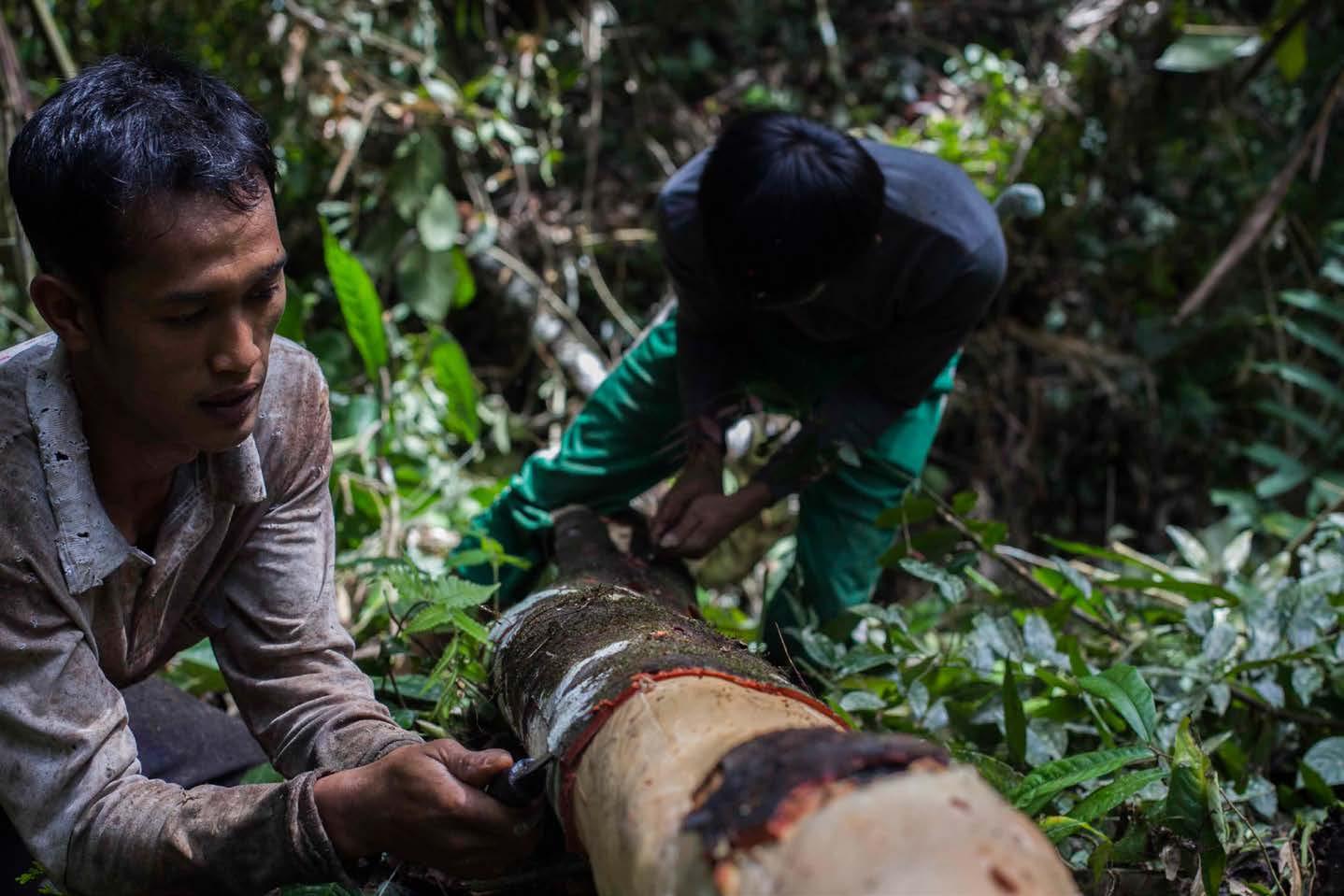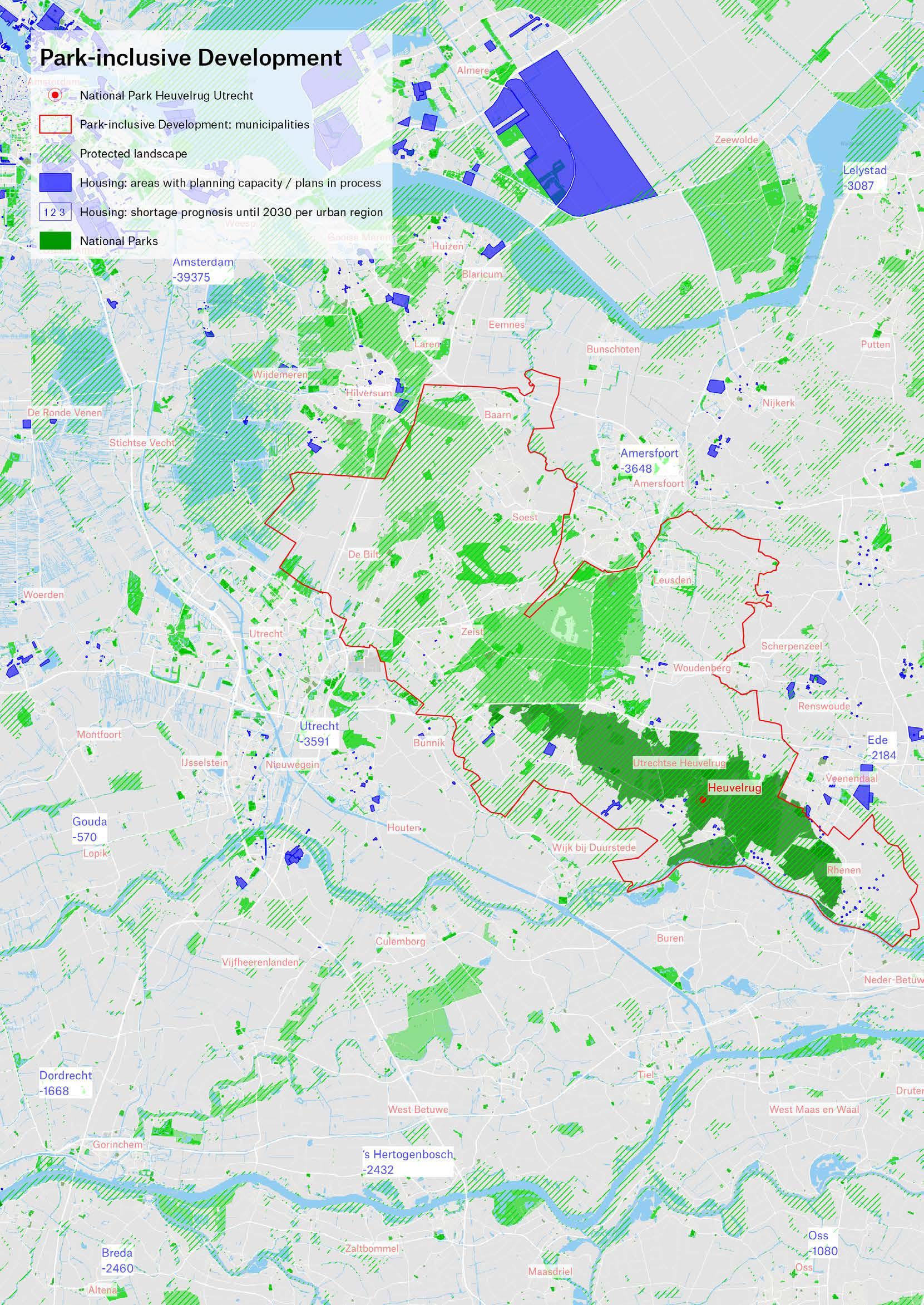
4 minute read
Verstegen Spices & Sauces B.V
As a family-based company, Verstegen Spices & Sauces focuses on long-term business continuity. They direct many of their investments towards quality and sustainability, in order to remain competitive in the market of the future, including ever more aware and demanding customers. This explains why they attach so much importance to transparent, ethical and sustainable production chains. In 2011 the company initiated a new project for white pepper production in Bangka, Indonesia. In 2018 Verstegen added an agro-forestry project, based on trust, knowledge exchange and experience with a supplier located in Indonesia. Indonesian pilot project are also monitored, which is a Indonesia is a great location for white great asset in quality control and pepper production and this is the accountability. place where Verstegen has been getting most of its white pepper Safe business model supply from. To increase efficiency Verstegen used the financial and social as well as ecological support of (inter)national sustainability, a subsidized project governmental subsidies such as was started in 2011, to establish GIZ, DHI and RVO, among other a more fruitful and respectful funds, to establish a new 50/50 relationship with the local farmers. A contract with a supplier on the smaller agroforestry project started pilot project site. The investments in 2018 with suppliers and ReNature, risks and profits are equally and is still under development. Agroshared between Verstegen and forestry of white pepper turns out to the Indonesian supplier company. be a sustainable, fair and efficient The collaborating farmers in the production method, which is also Verstegen agro-forestry project more profitable than traditional become direct suppliers of the mono-culture. An existing plantation Dutch company, which ensures from a supplier was turned into an them a higher and safer income. agro-forestry experimenting site, as well as an educational project for the Lessons learned surroundings farmers. By investing Multinational food production in geo-information, Verstegen and chains with sustainability, the supplier can keep on monitoring traceability and ethical values the project and making sure that the as well as financial viability are pilot crop would be as sustainable possible. They can be a good and efficient as possible. The geoinvestment for a family business information data are shared through such as Verstegen, focusing on mobile apps and training events with long-term competitiveness and the surrounding local farmers. The quality. As a kickstart, subsidies are quality of soil, air, water and harvests often necessary for a large project, such as the 2011 pepper production
Initiative: Verstegen Spices and Sauces, Supplier and ReNature, 2011/2018 project. Smaller projects, such as the agroforestry project of 2018, can be started by the company and its suppliers, without subsidy.
Advertisement
Type of organization: limited liability company Value loops: In a clever loop of consumer desires, ethical and sustainable ambitions of the
Landscape focus: Indonesian agriculture company, shared risks and costs with a supplier, and a safe pilot environment for over 2.000
Scale: Indonesian rainforest pepper farmers, Verstegen Spices managed to develop a production chain that brings quality pepper
Contact: Gilmee Davids
Financing model: subsidies and private investors
Agroforestry Indonesia. Photo: CIFOR, Flickr CC, 2013

to the Netherlands and invests in the rainforest landscape of Bankga, Indonesia. After nine years, the pilot plots produce containers of white pepper each month. The longer it works, the more farmers are getting curious and want to join the agroforestry process.
Potential How scalable is this production method? Instead of land ownership, the business model is based on many suppliers, a chain that stretches from local farmers in Indonesia to the spice factory in Rotterdam. This not only reduces and spreads the financial risks for investments and costs, but is also more fair and safe for local producers. Verstegen’s purchasing power of big supplies, helps to create the stability. The steady income from the pepper farms allow for new experiments with other spice cultivations. The agroforestry pilot is still small, but has the ambition to grow towards a similar 2.000 or more farmers. For this growth, Verstegen might reach out to public funding again, or even micro-financing of the Indonesian farmers themselves. Would this kind of agroforestry work in the Netherlands and the Dutch landscape? In terms of cultivation, why not? It’s perfectly possible to grow herbs and garlic in our climate and soil. The Dutch legal structures and land use efficiency, however, make it difficult to adopt a similar business model, says Verstegen. Additionally, land use and ownership are very fragmented here, while agroforestry requires an integrated view on land management. Dutch farmers would lose certain (EU) subsidies when they start planting trees or opening their fields to the public, because agroforestry and eco-tourism are not designated land use types in the Dutch and European planning system. Something we may need to reconsider, also because producing more garlic, onion and soy in nearby sites or countries, would reduce carbon emissions.











